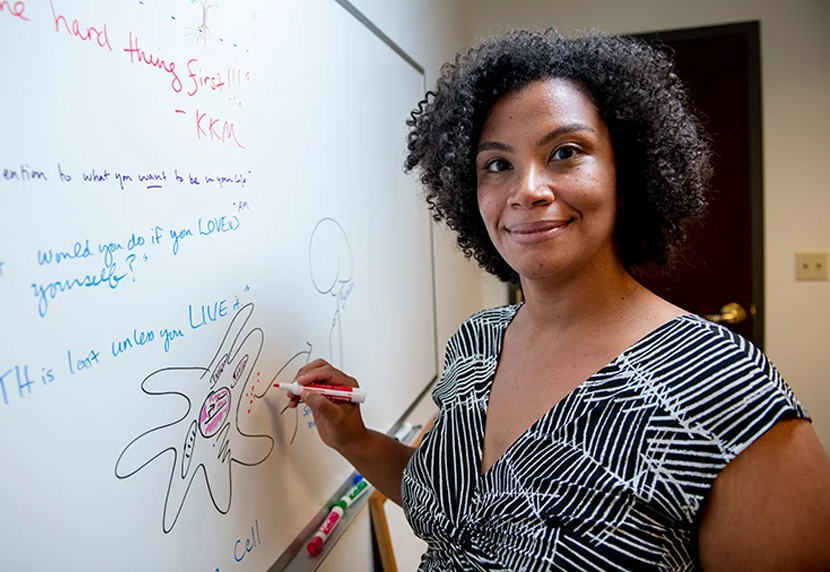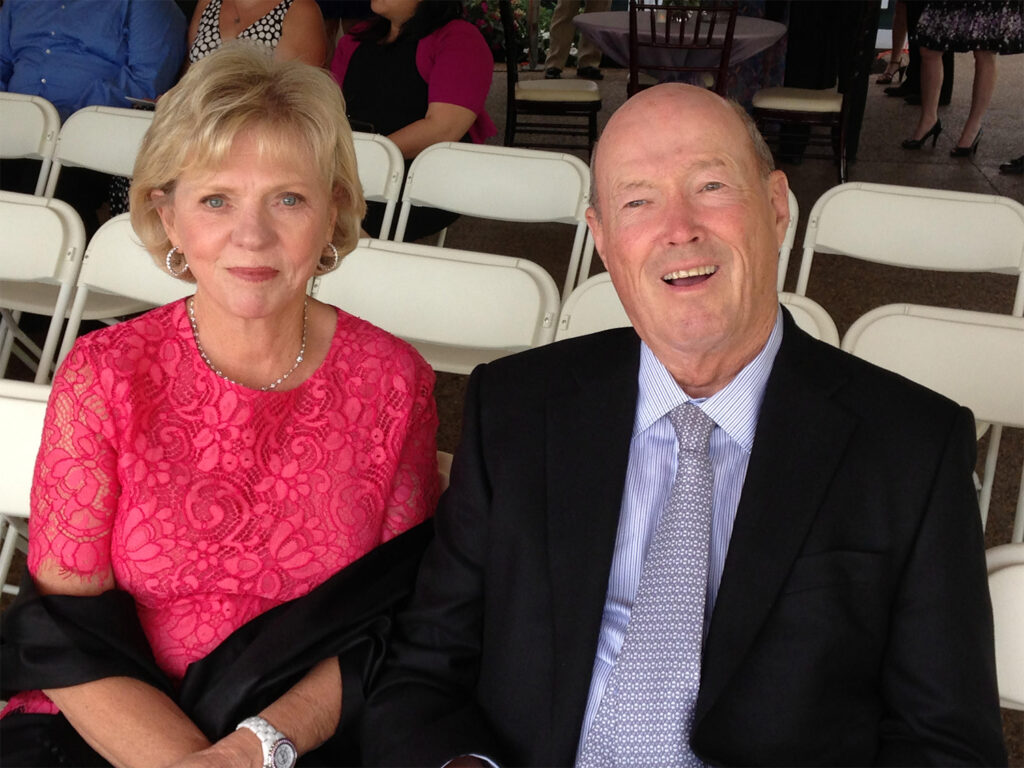In the United States and around the world, tens of millions of adults and children continue to face a mental health crisis, which has worsened over the past decade. Prior to the COVID-19 pandemic, approximately one in five adults and one in seven children were suffering from mental illness according to the Centers for Disease Control and Prevention. And these statistics have only increased with pandemic-related factors since then.
In response to this crisis, clinicians and researchers in psychiatry at Mass General Brigham (MGB) are harnessing their expertise and forming new collaborations to establish visionary, evidence-based programming that addresses these urgent and complex mental healthcare needs. They are focused on alleviating key barriers to care, including decreasing the shame and stigma surrounding mental healthcare and removing logistical hurdles like transportation, schedule constraints and childcare needs, as well as barriers to accessing care, like financial and language issues.
Today, as the need for mental healthcare services increases and the number of care providers in this workforce decreases, philanthropic support for mental healthcare is more important than ever. The following programs, which are possible because of the generosity of donors, are just a few tangible examples of how MGB is increasing access to high-quality, patient-centered mental healthcare in our hospitals and beyond.
Advancing Mental Healthcare Access with Philanthropy
Philanthropy continues to play an essential role in enabling psychiatry to remove hurdles to accessing mental healthcare and uniting the best and brightest caregivers and researchers to increase access to these vital services.
“As technology continues to rapidly evolve, we will need to invest in additional experts and staff, as well as programming to keep pace with AI as it continues to inform the next chapter of mental healthcare services,” says Maurizio Fava, MD, Mass General Brigham’s chair of psychiatry for academic medical centers. “This combination of people and technology is the key to the future of scalable, personalized and impactful treatments.”
To learn more about how you can support these vital mental health programs, please contact us.








